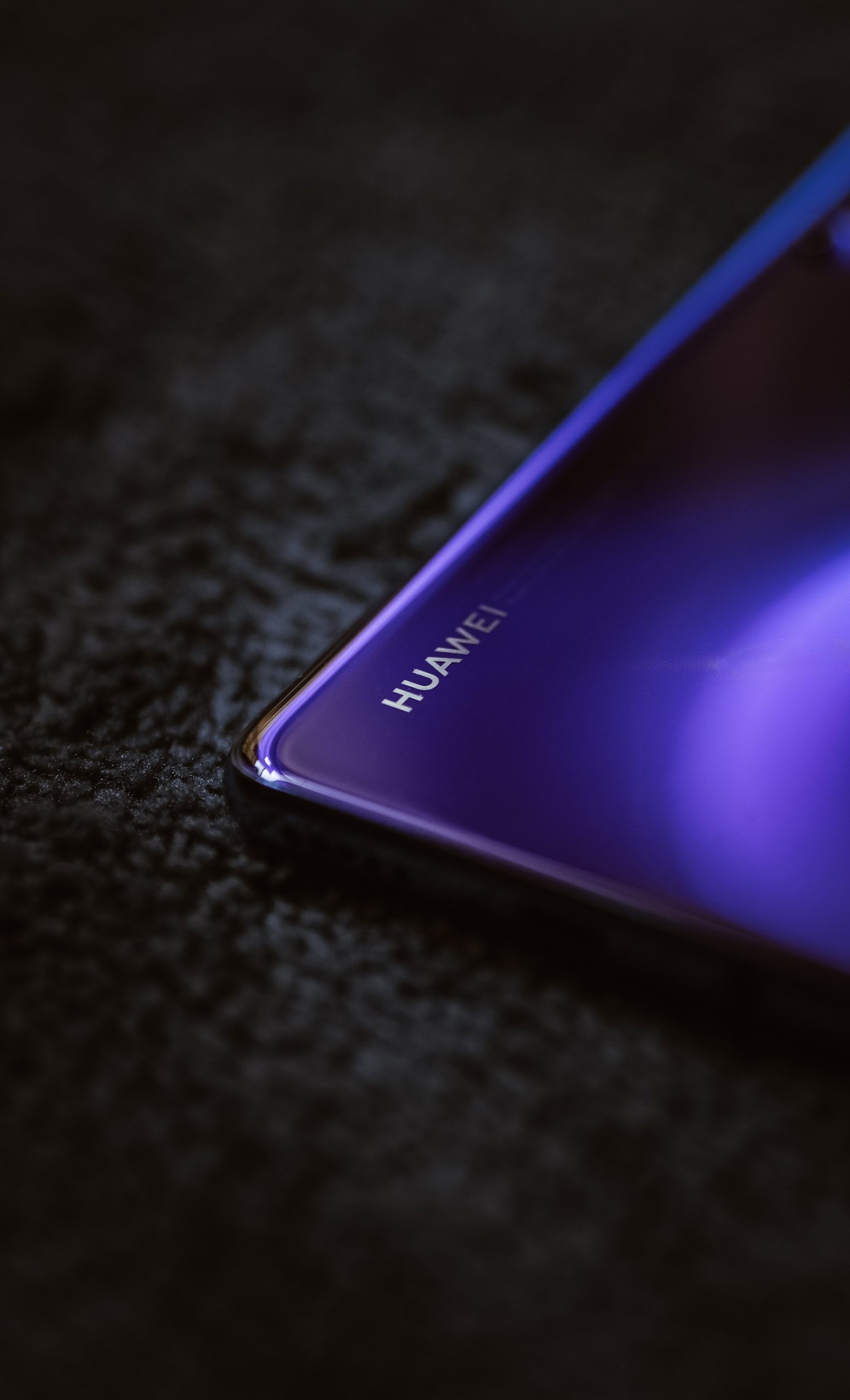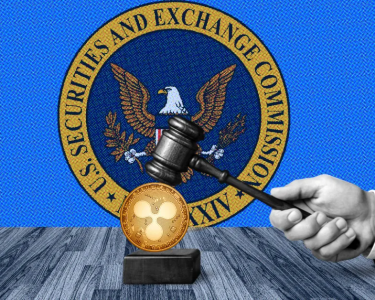In a world where technology companies are constantly competing to gain the upper hand in the market, legal disputes over patent infringement have become commonplace. The latest company to find itself embroiled in such a controversy is Huawei, one of the world’s leading telecommunications companies. Huawei has been accused of demanding excessive fees for its patents, leading to a legal battle that could have far-reaching consequences for the company.
The controversy began when a group of technology companies filed a complaint with the European Union’s antitrust regulator, accusing Huawei of demanding unreasonable fees for the use of its patents. The complaint alleged that Huawei was asking for royalties on a per-device basis, rather than on the basis of the technology used in the device, as is the industry standard. This, according to the complaint, amounted to a demand for excessive fees that violated antitrust laws.
The complaint was filed by a group of companies that included Nokia, Ericsson, and Qualcomm, all of whom are major players in the telecommunications industry. These companies accused Huawei of refusing to license its patents on fair, reasonable, and non-discriminatory (FRAND) terms, as is required by the industry standard. They also alleged that Huawei had threatened to cut off access to its patents if the companies did not agree to its demands.
Huawei, for its part, has denied the allegations, stating that it has always acted in accordance with the law and industry standards. The company has accused its rivals of engaging in anti-competitive behavior, arguing that they are trying to undermine its position in the market.
The legal battle between Huawei and its rivals is likely to be a protracted one, with both sides digging in for a long fight. The European Union’s antitrust regulator has yet to make a ruling on the matter, and it could be some time before a decision is reached. In the meantime, Huawei’s reputation has taken a hit, with many industry observers questioning the company’s commitment to fair play and transparency.
The controversy surrounding Huawei’s patent fees is just the latest in a series of challenges that the company has faced in recent years. In 2019, the United States government placed Huawei on its entity list, effectively barring American companies from doing business with the Chinese firm. The move was seen as part of a broader effort by the Trump administration to curb China’s technological ambitions and protect American interests.
Huawei has also been at the center of a broader debate over the security of 5G networks. The company has been accused by some Western governments of being a security threat, with allegations that its equipment could be used by the Chinese government for espionage purposes. Huawei has vehemently denied these allegations, but the controversy has led to a number of countries, including the United States, banning the use of Huawei equipment in their networks.
The legal battle over patent fees is just the latest chapter in Huawei’s ongoing struggle to maintain its position in the global telecommunications market. While the company has enjoyed tremendous success in recent years, it is clear that it is facing significant headwinds. The outcome of the legal battle is likely to have far-reaching consequences, not just for Huawei, but for the entire telecommunications industry.
In the end, the controversy over Huawei’s patent fees is a reminder of the fierce competition that exists in the technology industry, and the importance of adhering to industry standards and ethical principles. As companies vie for market share and seek to gain an edge over their rivals, it is essential that they do so in a way that is fair, transparent, and in accordance with the law. Failure to do so can lead to legal challenges, damage to reputations, and a loss of trust among consumers and industry peers alike.




